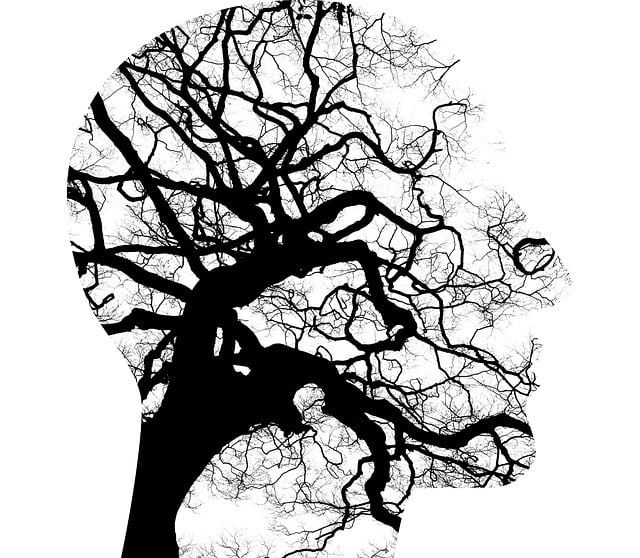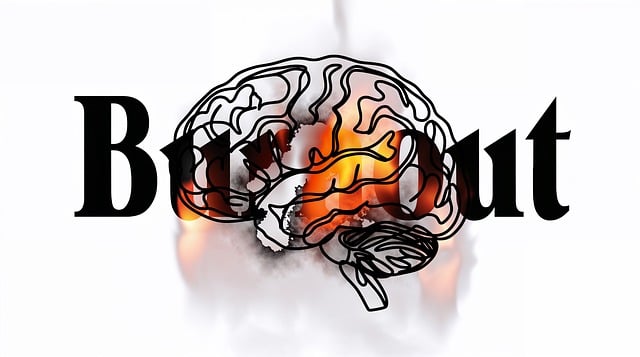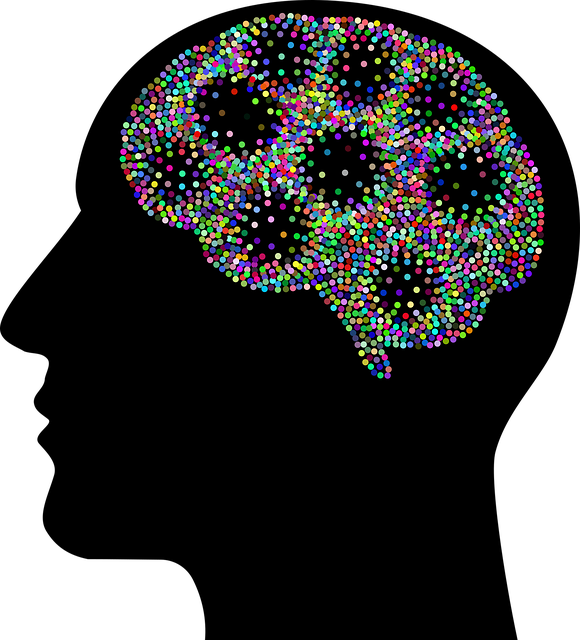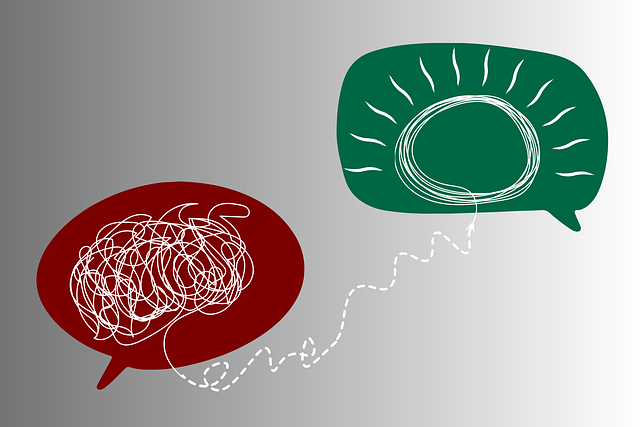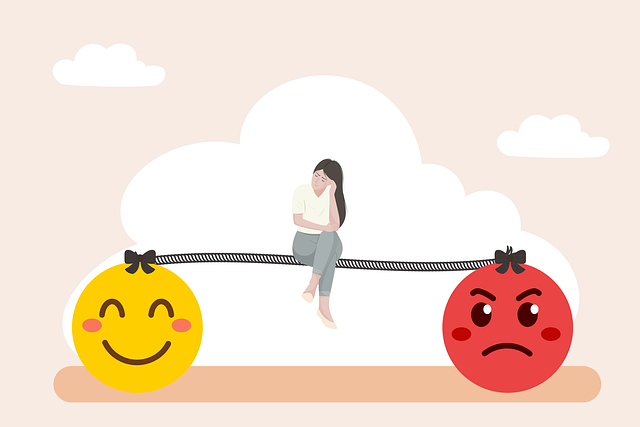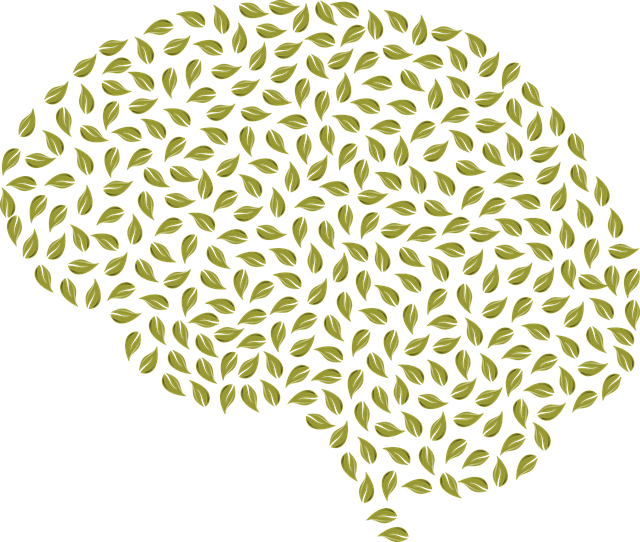Exposure and Response Prevention (ERP) Therapy is an evidence-based approach for young children with anxiety, safely exposing them to fears in a controlled environment to reduce anxiety responses over time. Combining ERP with self-care practices, such as mindfulness and relaxation exercises, enhances its effectiveness by managing stress levels and fostering emotional healing. Instilling healthy habits from a young age is crucial for long-term mental health, with therapy including ERP proving successful in treating anxiety disorders. Regular risk assessments ensure personalized interventions and encourage a positive relationship with self-care.
Self-care practices play a pivotal role in improving mental health, especially for young children undergoing therapy. This article explores how Exposure and Response Prevention (ERP) Therapy can be enhanced through integrated self-care routines. We delve into practical strategies to support children’s well-being during treatment. From understanding ERP to implementing effective self-care and tracking progress over time, these approaches empower both parents and therapists. By fostering healthy habits early, we aim to optimize the benefits of ERP therapy for long-term mental wellness.
- Understanding Exposure and Response Prevention (ERP) Therapy for Young Children
- Incorporating Self-Care Practices to Enhance ERP Therapy's Effectiveness
- Strategies for Maintaining and Tracking Long-Term Self-Care in Childhood
Understanding Exposure and Response Prevention (ERP) Therapy for Young Children

Exposure and Response Prevention (ERP) Therapy is a highly effective approach for young children struggling with anxiety and related disorders. This evidence-based method helps kids face their fears in a safe, controlled environment, gradually reducing their anxiety responses over time. By understanding their triggers and practicing self-awareness exercises, children can develop inner strength to manage their emotions effectively.
ERP Therapy involves collaborative efforts between therapists and parents, who play a crucial role in reinforcing positive behaviors at home. This tailored approach considers cultural sensitivity in mental healthcare practice, ensuring that interventions are adaptable to diverse backgrounds and beliefs. Through consistent practice, children learn coping strategies that enhance their overall well-being and resilience, empowering them to navigate challenging situations with growing confidence.
Incorporating Self-Care Practices to Enhance ERP Therapy's Effectiveness

Incorporating self-care practices is a game-changer for enhancing the effectiveness of Therapy for Young Children Exposure and Response Prevention (ERP). Beyond the traditional therapeutic techniques, prioritizing self-care allows children and their caregivers to manage stress levels effectively. Stress Management Workshops Organization, for instance, offers valuable tools tailored for young minds, empowering them with strategies to cope with anxiety and emotional distress. By learning these skills, children can better navigate their feelings, leading to improved mood management and overall well-being.
Self-care practices also integrate seamlessly into the emotional healing processes of ERP. Through techniques like mindfulness and relaxation exercises, children develop a deeper sense of self-awareness and emotional regulation. This fosters a more positive mindset, making it easier for them to confront fears and avoid undesirable responses. By combining these strategies, ERP becomes not just an effective therapy but a holistic approach that nurtures the child’s mental health from within.
Strategies for Maintaining and Tracking Long-Term Self-Care in Childhood

Instilling healthy self-care habits early on is crucial for children’s well-being and mental health in adulthood. Parents and caregivers play a pivotal role in guiding young ones towards sustainable practices. Start by incorporating simple routines such as dedicated playtime, balanced meal schedules, and consistent sleep patterns. These foundational steps promote a sense of stability and self-awareness.
For children with emotional challenges or behavioural issues, therapy can be immensely beneficial. Techniques like Exposure and Response Prevention (ERP), a form of cognitive behavioural therapy, have proven effective in treating anxiety disorders. ERP helps young clients face fears gradually, reducing anxiety responses over time. Regular risk assessments for mental health professionals are essential to tailor interventions, boost resilience, and build confidence in children, fostering a healthy relationship with self-care from a young age.
Self-care practices are a vital component of enhancing therapy outcomes, particularly for young children receiving Exposure and Response Prevention (ERP) treatment. By incorporating self-care strategies, parents and caregivers can support children in managing anxiety and fears associated with ERP therapy. Long-term self-care routines ensure children remain resilient and equipped to navigate future challenges. This holistic approach not only improves therapy effectiveness but also fosters a sense of well-being and empowerment in young minds.

